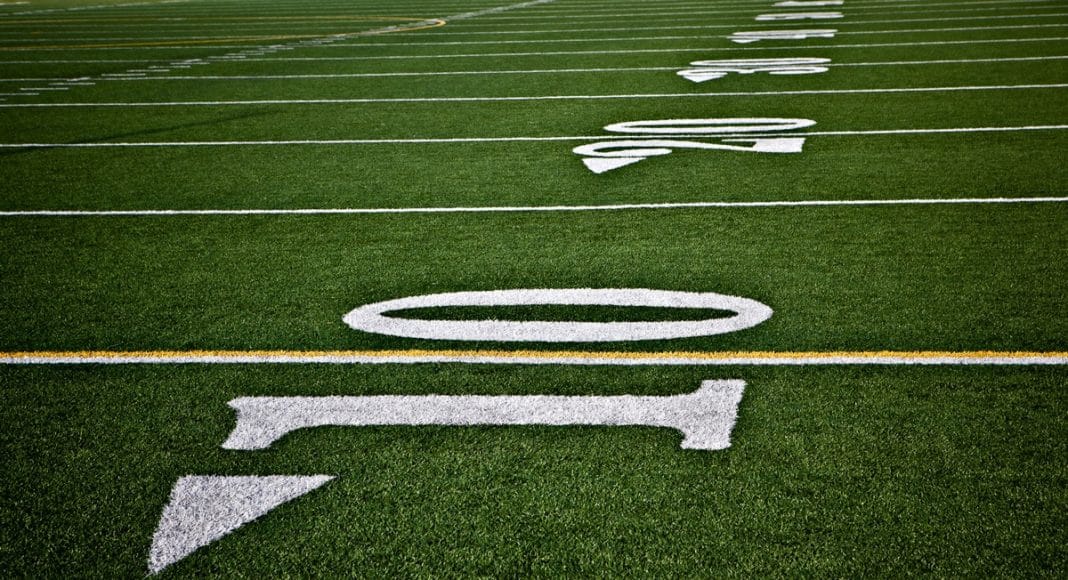Medical marijuana advocates are taking full advantage of the upcoming Super Bowl LI in hopes of persuading the National Football League (NFL) to loosen its anti-drug policy as it pertains to cannabis medicine.
-
Related Story: NFL Veterans Tackle America’s Opioid Crisis
Earlier this week, a group of physicians known as “Doctors For Cannabis Regulation” gathered at the Revention Music Center in Houston, Texas to present evidence on how marijuana can be used as an effective pain management tool. The event also featured keynote speeches from NFL stars, including former Chicago Bears quarterback Jim McMahon and former New Orleans Saints offensive tackle Kyle Turley, who credit medical marijuana for helping kick opioid addiction and treat chronic pain.
“Cannabis is not a cure-all for severe pain and all these real bad, horrific injuries, but you can deal with it better and you don’t get addicted, and you can walk away from this, like walking away from drinking coffee or Coke, or even pizza,” Turley explained. “It just takes some willpower. I know what it’s like to come off heavy prescription medication. That was not fun.”
-
Related Story: NFL’s Marijuana Policy May Change Sooner Rather Than Later
As it stands, any NFL player who tests positive for marijuana is subject to stiff penalties, which can include a fine, multiple game suspensions and even termination from the league.
In 2014, the NFL agreed to a minor change to its marijuana policy. The THC threshold for players was raised from 15 nanograms per milliliter of blood to 35 nanograms.
Last week, the NFL Players Association (NFLPA) announced that it was on the verge of submitting a proposal aimed at taking a “less punitive” approach to dealing with players who use marijuana. Although the details of the proposal have not yet been revealed, the union board’s executive director, DeMaurice Smith, said he is “convinced that we should be looking at it a little bit more of the way that we looked at it in 2014.”
In the past, NFL commissioner Roger Goodell has been apprehensive to make significant changes to the league’s anti-marijuana rule, but he recently signaled that additional amendments to the league’s drug policy might be on the horizon.
“We certainly haven’t seen [the NFLPA’s proposal] or read it. I’ve spoken to (Smith) about it,” he said. “But I think what it’s signaling from our standpoint is that the labor agreement we have has worked incredibly well for the players, for our clubs and for I think the game, in general. It’s encouraged investment. We see the salary cap, which may be projected to increase by $15 million a club. In the last four years alone, the salary cap has jumped almost $1.7 billion including benefits. That’s extraordinary and historically has never come close to being achieved before.
-
Related Story: Fined $10 Million, Players Continue Fighting For Marijuana
“So what we have is a labor agreement that’s working well for all parties, but we sent the union last spring a list of issues that we wanted to address as the league and as ownership. I expect, and we put on that list, the drug policy as one of those issues,” he added.
But while it is possible the NFL could see a reduction in pot penalties and perhaps even another increase in its THC threshold, it is highly doubtful the league will allow players to use medical marijuana anytime soon – at least not until the federal government decides to downgrade the herb’s Schedule I classification or end prohibition altogether.
Incidentally, a recent ESPN poll that 71 percent of the players in the NFL believe marijuana should be made legal all across the nation.


